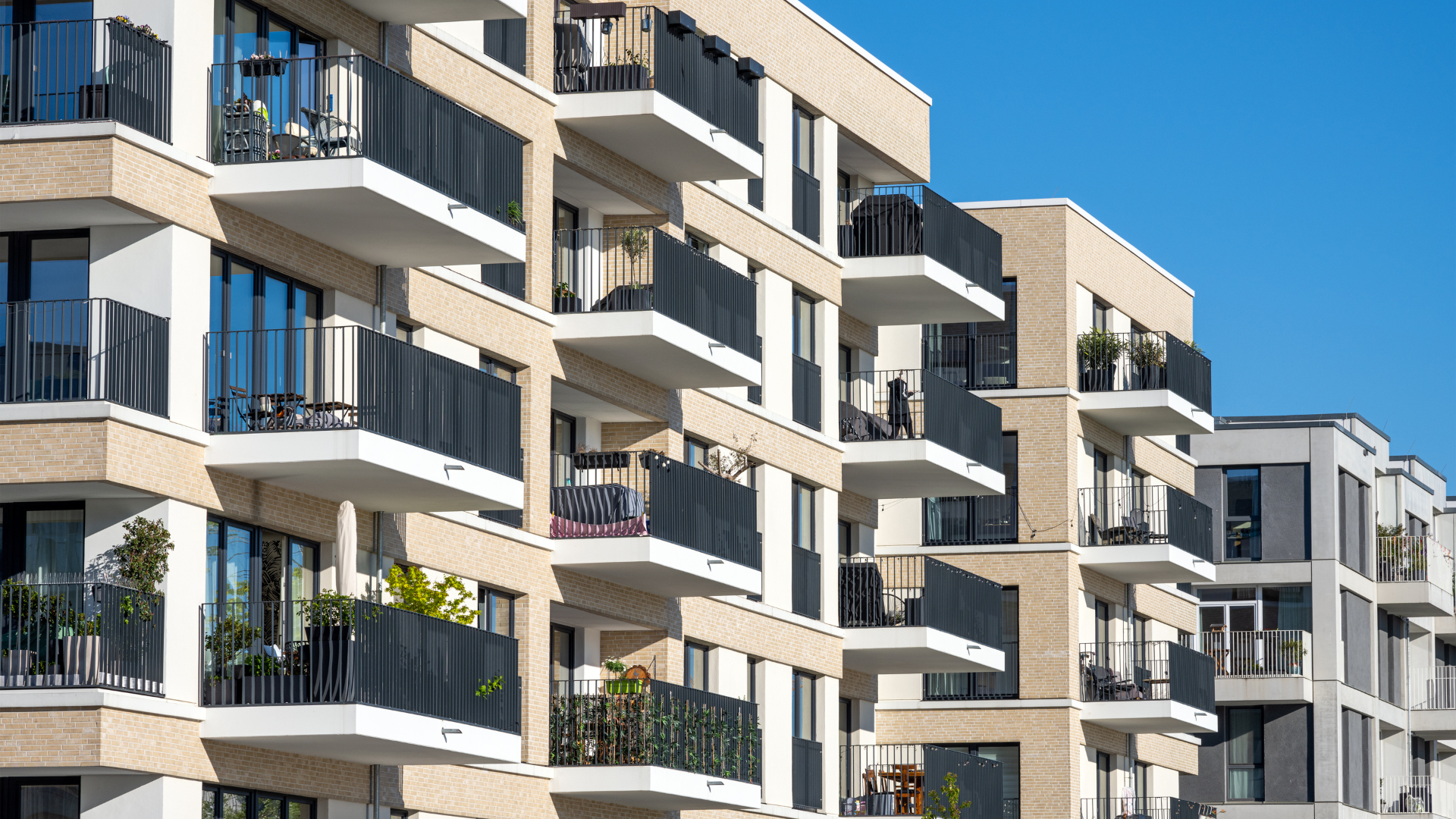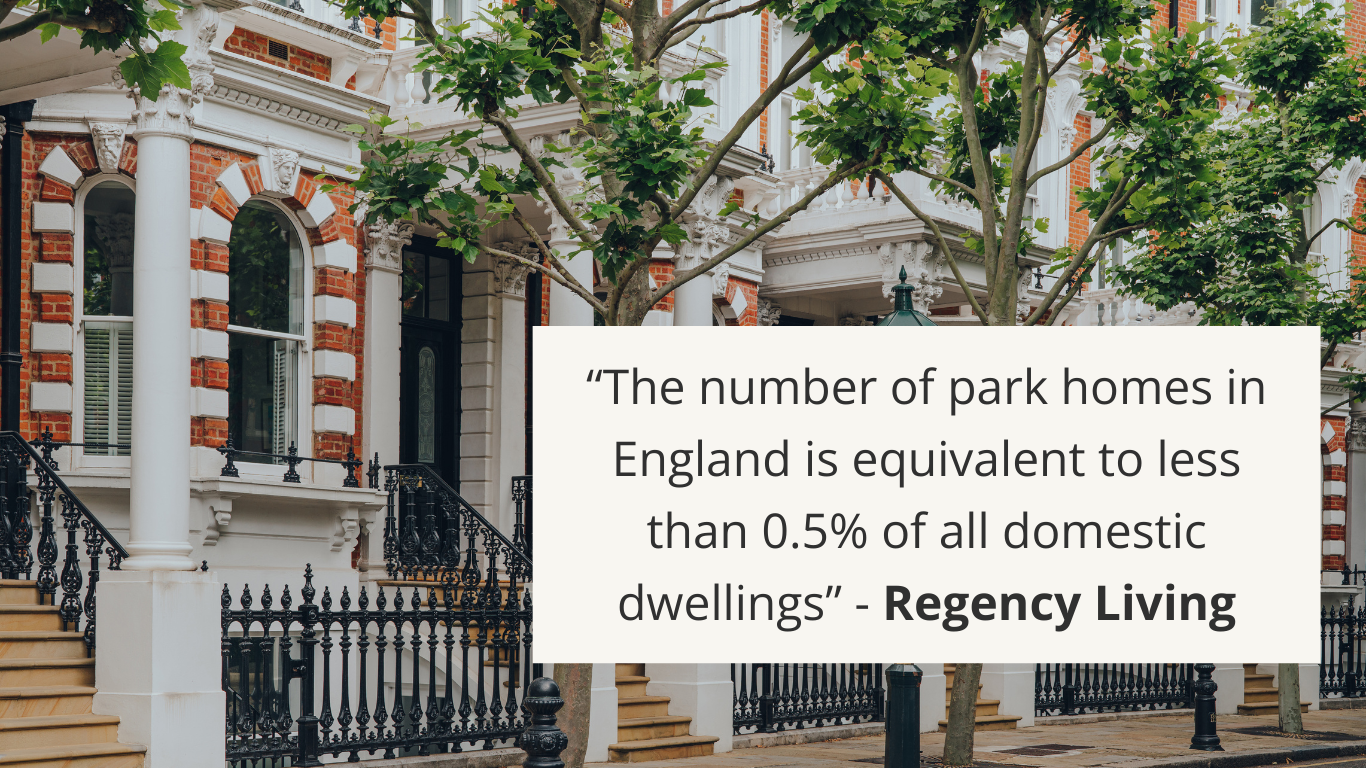

Numerous reasons can stall a property sale. While some fixes are relatively easy for sellers to tackle, others pose real challenges, especially for those under time pressure.
Open Property Group has tapped into its extensive knowledge of the property market to reveal to sellers the most common reasons why a home struggles to find a buyer, and what can be done to improve the chances of achieving a sale.
Incorrect Valuation
One of the most common reasons a home sits on the market unsold for a long time is over-valuation – the seller is asking for too much money. This often results from an estate agent over-valuing the property which they sometimes do to win the instruction ahead of competing agents.
But buyers are increasingly savvy and they know what a home is worth, so it’s unlikely they will be willing to pay over the odds. If a seller is asking for more money than other similar properties in the same area have sold for, there’s a good chance it’s been overvalued. Open Property Group would advise all sellers who are struggling to find a buyer to consider their asking price and make sure it’s reasonable for the current market.
Poor condition or presentation
The vast majority of buyers want to be able to envision their life inside a home from the moment they lay eyes on it. If, therefore, the home is shabby, poorly presented, or in a general state of disrepair inside or out, it’s highly unlikely that a buyer is going to get that instant buzz of excitement when they step inside. First impressions are vital and can be the difference between receiving an offer and not.
Bad photos and marketing
Almost all homebuyers start their property search online. This means that sellers are relying on photographs and descriptions to show their property in the best possible light. All too often, marketing photos are dull, ill-planned, and poorly executed. It’s amazing, for example, how many photographs are taken with the curtains drawn, therefore depicting what could be a bright, airy living room as a drab, uninviting space. Get your photos right and you’re sure to see more inquiries from prospective buyers.
Challenging survey results
While the issues mentioned above can be fixed with relative ease, there are a number of reasons for a property not selling that are much harder to address. The first of which is challenging survey results.
If a survey comes back with any serious issues such as subsidence or knotweed, it leaves serious questions about the home’s structural integrity and the amount of money a buyer would have to spend fixing the problems. This is often enough to turn buyers off entirely and leaves the seller with a difficult choice – fix the issues themselves and then go back to the market (expensive), or significantly reduce the asking price in recognition of the additional money that a buyer will have to spend.
Market conditions
Market conditions play a huge part in the ease and speed with which a property is sold. If, for example, the economy is in bad shape and interest rates are high, buyer demand plummets. With fewer people looking to buy homes, it’s highly likely that finding a buyer will take a long time. In such a case, a seller can choose to withdraw from the market and wait for the situation to improve, or reduce their asking price in the hope of attracting an opportunistic buyer.
Unfavourable location
The good old adage of location, location, location is absolutely true. Buyers are obsessed with finding a home in the right area as much as they are finding a home with the right number of bedrooms. If, for example, a home is located close to a major road, under a busy flight path, or far from good schools or transport links, buyers will often eliminate it from their search without even a second glance.
Short lease
If a property is being sold as a leasehold, which is the case with almost all flats, for example, the amount of time left on the lease is vital to any prospective buyer’s decision-making process. If there are 90-100 years left on the lease, it’s no problem at all, but if there are any less than 80 years left it can be an absolute turn-off for all buyers.
CEO of Open Property Group, Jason Harris-Cohen, commented:
“A number of obstacles to selling can be fixed quite easily by the seller. Whether it’s addressing an over-valuation, re-taking the marketing photos, or even spending some money to fix the place up and make it more attractive, it’s often time and money well spent.
However, other issues are either incredibly expensive for the seller to address, such as subsidence, or completely out of their control, such as undesirable location. In these circumstances, sellers often choose to find alternative routes to sale away from the open market.
Quick sale platforms such as Open Property Group have no issues with buying homes that have problematic survey results, bad locations, or short leases. We will offer buyers around 80%-85% of their home’s market value and complete the transaction quickly, enabling sellers to move on to the next phase of their journey, leaving us to take the necessary measures to address any issues with the property and attract a new buyer.”













Comment